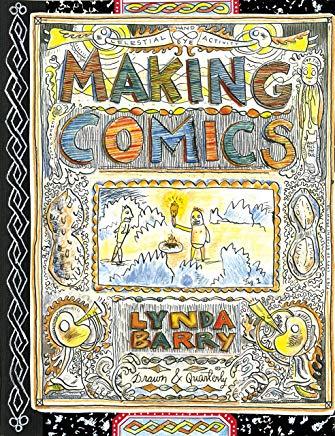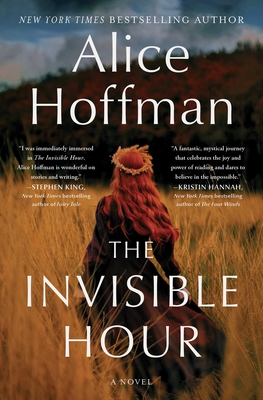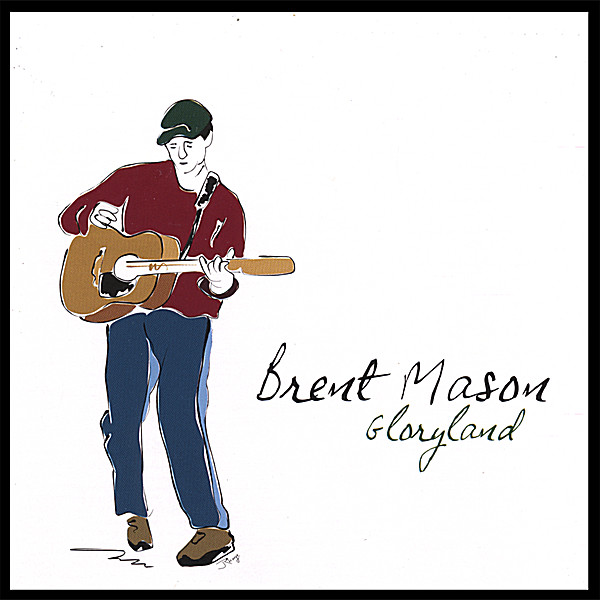
description
3"The novel sustains throughout its length something approaching poetry, and it is rich in understanding and insight. The translation, by Edwin McClellan, is extremely good." --Anthony West, The New Yorker Kokoro, which means "the heart of things," explores emotions familiar to everyone--love and hate, hope and despair, companionship and loneliness. Sensei, a man seen against the rich background of old Japan entering the modern era, is outwardly successful. He has position, wealth, a charming wife. But deep in the heart of things, he is harried with a profound sense of isolation whose cure lies only in "faith, madness, or death." His long-hidden secret, divulged to a young friend who faces a similar dilemma, is told with mounting intensity. Sensei confesses the crime of his young manhood, a crime in which, with all the appearance of innocence, he destroyed his best friend, the woman he loved--and himself. The genius of Natsume Soseki, Japan's greatest modern novelist, lies in his ability to express universal emotions with the beautiful restraint of the Japanese spirit. Under his pen, themes which have become almost hackneyed take on new fascination and vigor.
member goods
No member items were found under this heading.
Return Policy
All sales are final
Shipping
No special shipping considerations available.
Shipping fees determined at checkout.







